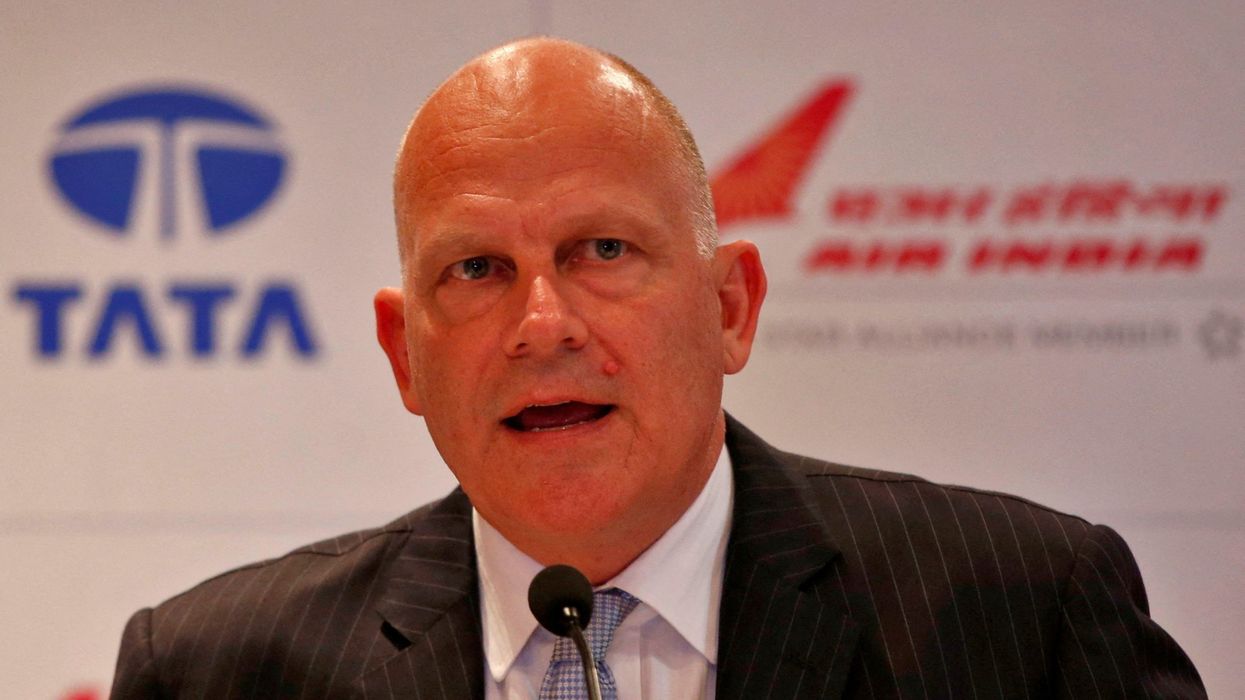Air India chief Campbell Wilson has defended paying Kremlin millions as overflight charges to keep flying over Russia, the Telegraph reported.
He added that the airline was open to flying over Russia to UK and US destinations as it was 'economical'.
Prior to the pandemic, Russia generated £1.3 billion from overflight charges each year.
Wilson also compared Air India's decision to continue flying over Russia with the UK's purchase of Russian fossil fuels.
"The UK are buying gas. You guys are buying oil. How much investment from the Russian diaspora do you have in Kensington and other places? The whole principle of if Country A and Country B are having a conflict, and then Country A insists country C has to do X, Y and Z. That’s a precedent that I think we all need to be careful of," Wilson told the Telegraph.
“I absolutely don't sanction or condone or support the conflict. But aviation is probably the biggest enabler of global peace and connectivity because it brings people together, makes cultures mix, and reduces just the natural us versus them nature of humanity. And if we constrain that, is that a negative or positive? I think it's a clear negative.”
The UK has banned imports of Russian oil and gas, and the country also introduced new legislation which requires foreign companies holding UK property to identify their beneficial owners in a public register.
Air India is funded by a joint venture between Tata, the owner of Jaguar Land Rover and Tata Steel, and Singapore Airlines.
Britain is Air India’s second-biggest international market after North America.
Following the Ukraine war, most western airlines have halted flying over Russia, Belarus and Ukraine over safety fears and financial sanctions that prevent funding the war against Ukraine.
According to Wilson, ban on certain carriers from overflying certain places, will not stop people moving.
"It just changes where they're moving through. And that is putting a thumb on the scale of competition. And is that the right thing to do? Because then you are going to get perverse outcomes," he told the newspaper.
“You're going to get more circuitous routings and therefore more emissions. You're getting higher prices. You're going to get carriers [prices] artificially inflated, you're going to get carriers artificially deflated.”





